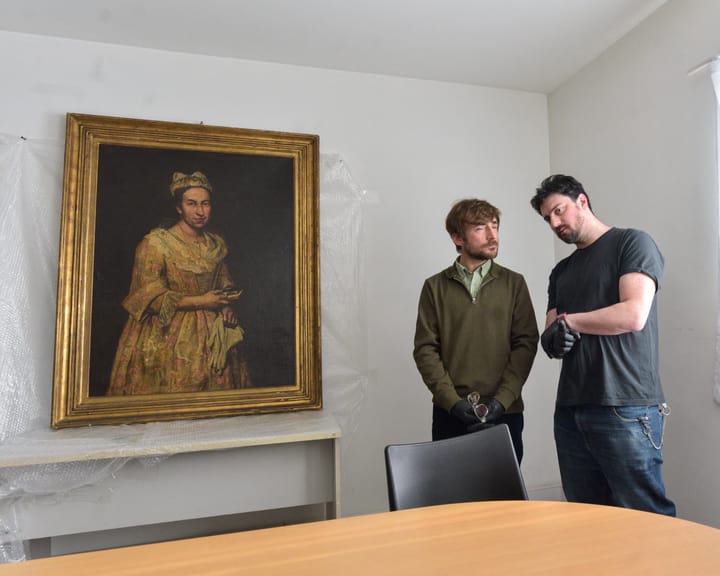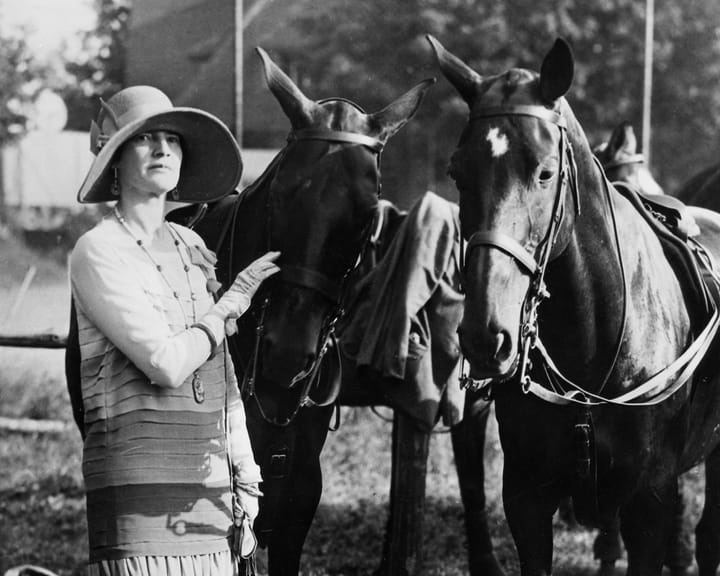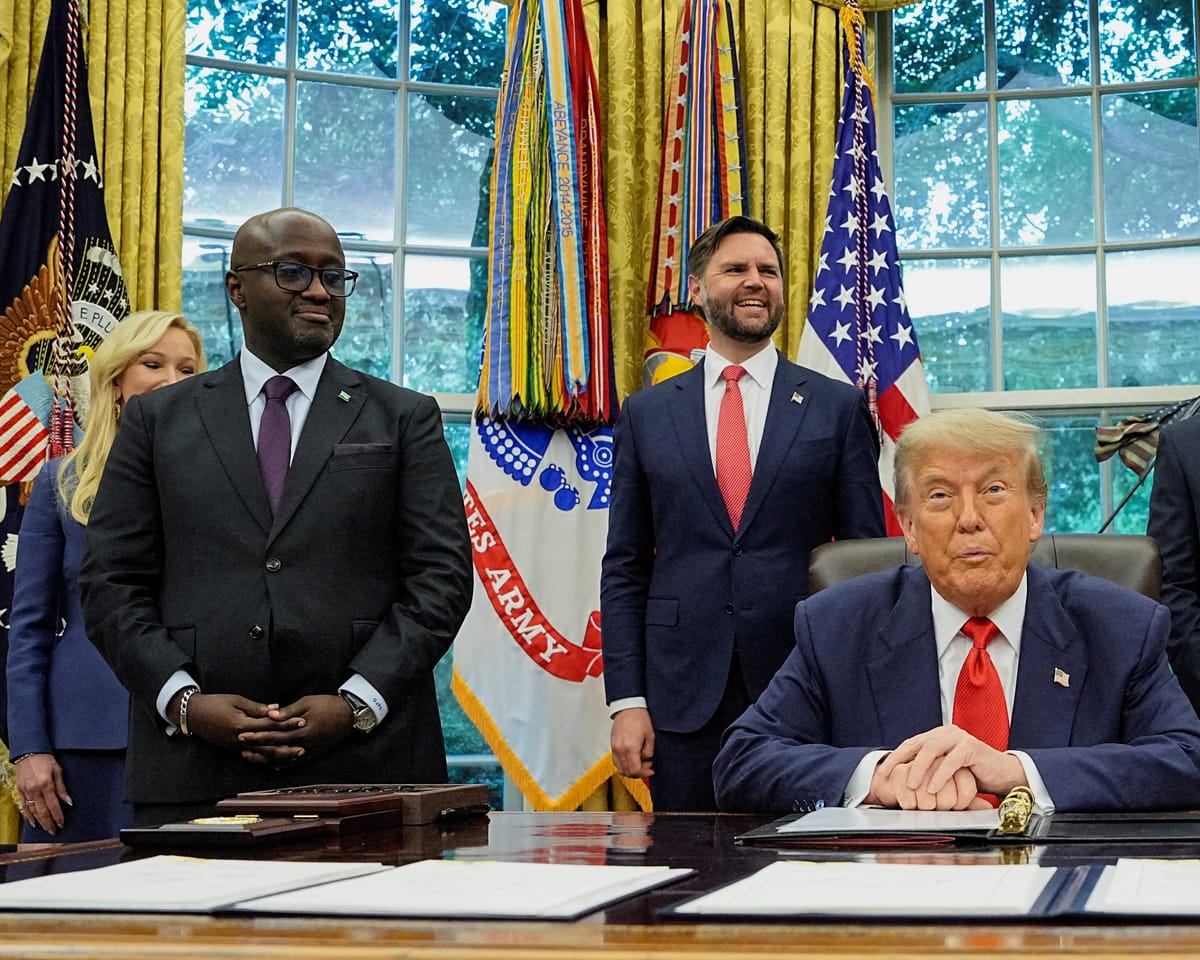Seven individuals have arrived in Rwanda as part of an agreement to receive individuals relocated from the U.S., according to a statement from the Rwandan government.
“The initial group of seven screened individuals arrived in Rwanda in mid-August… Three have indicated they wish to return to their home countries, while four plan to remain and establish themselves in Rwanda,” said Yolande Makolo, a government spokesperson, on Thursday.
No details were provided regarding the nationalities of the seven individuals. Rwanda announced on 5 August its willingness to accept up to 250 people from the U.S., with the authority to evaluate each case before granting approval.
The first arrivals will be housed by an international organization, with support from the International Organization for Migration and Rwandan social services, Makolo stated.
The U.S. government has been pursuing efforts to relocate individuals under arrangements with other nations, including South Sudan and Eswatini, previously known as Swaziland.
In 2022, Rwanda entered into an agreement to receive relocated individuals from Britain, but the deal was later canceled following a change in the British government.
Kigali agreed to the arrangement with Washington because “nearly every Rwandan family has experienced the difficulties of displacement,” Makolo noted earlier this month. Those arriving in Rwanda will receive training, healthcare, and housing support, she added.
U.S. officials have argued that relocations to third countries are necessary when home nations refuse to accept returnees.
Legal experts have raised concerns that such relocations may violate international law if individuals face potential risks, including mistreatment or other abuses in the receiving country.
Rwanda, with a population of 14 million, describes itself as one of Africa’s most stable nations and has been recognized for its modern development. However, its previous agreement with Britain faced opposition from rights organizations and prolonged legal disputes.
Read next

"TikTok star highlights political power of South Africa's unsung culinary treasures"
Solly’s Corner, a popular eatery in downtown Johannesburg, was busy. Pieces of hake and crisp fries crackled in the fryer, green chillies were chopped, and generous amounts of homemade sauce were spread onto filled sandwiches.
Broadcaster and food enthusiast Nick Hamman stepped behind the counter, where Yoonas and Mohammed

Nazi-looted 18th-century portrait found in Argentina after 80 years
There was nothing particularly unusual about the middle-aged couple living in the low, stone-covered villa on Calle Padre Cardiel, a quiet street in the tree-lined Parque Luro neighborhood of Mar del Plata, Argentina’s most well-known coastal city.
Patricia Kadgien, 58, was originally from Buenos Aires, roughly five hours north.

"An aristocrat hid her Jewish lover in a sofa bed amid daring acts of German resistance to the Nazis"
Resistance in the Shadows: Germans Who Defied the Nazis
Growing up, our home had a steadfast rule: nothing German was permitted. No appliances from German manufacturers in the kitchen, no cars from German automakers in the driveway. The decree came from my mother. She was not a survivor of the

